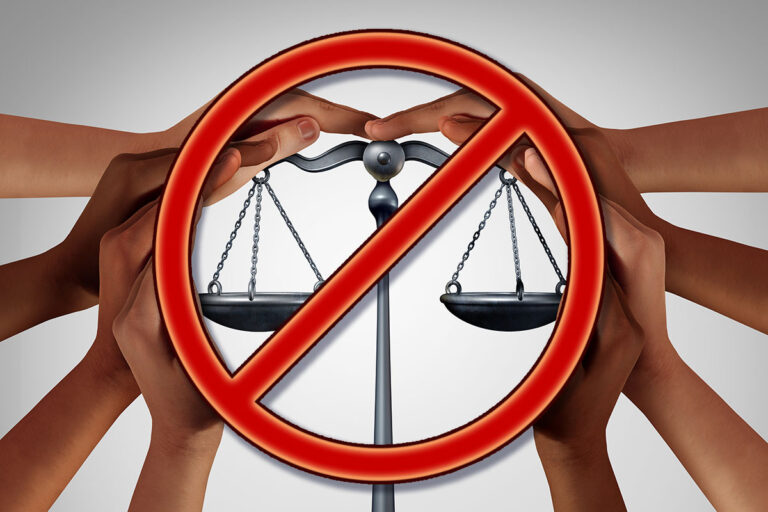
Yellow Social Interactive (YSI) has told federal judges in Delaware that if its users feel they deserve compensation, they’ll have to seek it one by one. The owner of Pulsz casino promo code is invoking a class action waiver clause in its terms of use in response to demands for arbitration. Christopher Ebersole of Ohio and Ashley Edwards of Georgia are each trying to collect compensation for their own losses and that of other users under their states’ respective gambling laws.
Pulsz is one of several new social casino offering real money prizes under US sweepstakes law. YSI and similar companies say these apps do not constitute gambling because the only tokens available for purchase are play money with no value.
The companies also offer promotional reward tokens called Sweepstakes Coins with every purchase. Players can play casino games to increase their number of tokens before ultimately redeeming them for prizes.
However, the claims of Ebersole and Edwards against Pulsz don’t relate to the sweepstakes portion of the product. They’re challenging the legality of underlying social casino in their respective states. (Editor’s note: This article originally stated incorrectly that the challenge was to the sweepstakes model. Bonus regrets the error.)
Ohio and Georgia have similar laws about reclaiming losses from illegal gambling. The losing gambler has six months to sue to reclaim their losses. After that, anyone can attempt to claim those losses on their behalf. Ebersole and Edwards are each trying to recoup not only the cost of their own purchases but also those of all Pulsz users who haven’t made individual claims.
However, Pulsz’s terms of use stipulate that any disputes must be resolved through arbitration and on an individual basis. YSI says that, in seeking compensation for other users’ losses, Ebersole and Edwards are taking “representative action” and that this violates the waiver. The company seeks declarative judgment from the court that only the individual portion of the claims can proceed to arbitration.
What’s a Class Action Waiver?
Class action waivers have become increasingly popular among companies in recent years. These controversial clauses stipulate that the parties to the contract agree that any disputes must be settled individually. In this case, the contract is Pulsz’s terms of use, agreed to by all users.
These state up front, in bold capitals:
PLEASE NOTE THAT THESE TERMS OF USE INCLUDE A MANDATORY ARBITRATION PROVISION WHICH REQUIRES THAT ANY PAST, PENDING, OR FUTURE DISPUTES BETWEEN YOU AND US SHALL BE RESOLVED BY FINAL AND BINDING ARBITRATION ON AN INDIVIDUAL AND NOT A CLASS-WIDE OR CONSOLIDATED BASIS.
The provision is explained in more detail in a later section of terms.
Some feel that such clauses are unfair to consumers. After all, pursuing damages on an individual basis may be too expensive and time-consuming to be worth the trouble.
As a result, some countries have deemed class action waivers to be illegal and unenforceable. However, the US is not among them. The Supreme Court has generally found them legal, such as in the case of American Express Co. v. Italian Colors Restaurant.
Attempts have been made to legislate against class action waivers at the federal level, most recently in 2022. No such bill has passed, however.
Ebersole, Edwards Seek Arbitration
Despite the class action waiver, Ebersole and Edwards feel entitled claim other users’ losses through arbitration.
Ebersole’s lawyer, James Tobia, told the court that his client doesn’t dispute the clause itself. Instead, he disputes the assertion that reclaiming losses incurred by multiple other players constitutes a representative action or class claim. After all, he’s not attempting to reclaim the losses on those players’ behalf but rather his own.
Ohio law allows third parties to reclaim gambling losses for their own use. In Georgia, such compensation must be split between the claimant and the county’s educational fund.
Moreover, Tobia says the court lacks the power to rule on that question. Using YSI’s own compelled arbitration clause against it, he argues that only an arbitrator can decide whether or not Ebersole’s demand constitutes a class claim.
Previous Social Casino Class Actions
Social casinos – sweepstakes or otherwise – make appealing targets for players who regret spending on the products and want to try to reclaim their money.
For instance, Virtual Gaming Worlds (VGW) recently settled a class action in Kentucky for $11.75 million. VGW owns and operates several sweepstakes model social casino sites, including Pulsz competitors Chumba Casino and Luckyland Slots.
Kentucky’s Loss Recovery Act is similar to the laws of Georgia and Ohio in that it allows gamblers and third parties to sue to reclaim illegal gambling losses.
Even social casinos that don’t use the sweepstakes model and offer no prizes sometimes face class actions. DoubleDown Interactive and International Game Technology recently settled a nationwide suit for $415 million.
Despite the lack of cash prizes, the plaintiffs in the DoubleDown case had claimed that the play money chips were a “thing of value” in that they allowed users to extend their playtime. As part of the settlement, DoubleDown agreed to modify its games’ design to enable users to continue playing even after running out of chips.
Given that legal climate, it’s not hard to see why YSI would seek to protect itself with a class action waiver.





